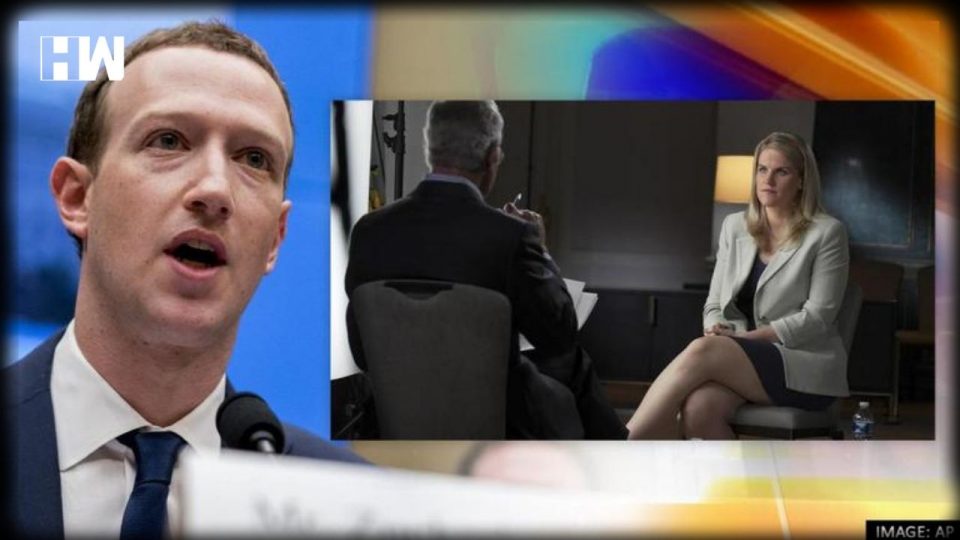Mumbai: A whistle blower and former employee hours before the Facebook outage had reveled her identity and came on air to talk about what all is wrong with Facebook, which brought Facebook in spotlight.
Whistleblower and former Facebook employee, Frances Haugen, 37, revealed her identity after she applied for federal whistleblower protection.
Haugen had revealed internal documents that went to Congress, the Securities and Exchange Commission, and The Wall Street Journal. She decided to reveal her identity and observed that Facebook realised that if they change the algorithm to be safer, people will spend less time on the site, and will click on fewer ads, making less money. “I’ve seen a bunch of social networks and it was substantially worse at Facebook than what I had seen before. Facebook, over and over again, has shown it chooses profit over safety,” Haugen told 60 Minutes.
It was Haugen who presented papers and information on Instagram being harmful for teenager’s mental health that has led to the platform pausing Instagram kids. Speaking about algorithms, Haugen told The Journal that in human interactions, people eventually move on from a topic, but algorithms don’t, which is harmful for teenagers, “And that’s part of the danger for like teenagers, right? Part of the reason why these teen girls are getting eating disorders is they one time look up weight loss and the algorithms like, ‘Oh great. We’ll keep showing you more and more extreme weight loss things.’” Haugen told the Journal, “The thing I want everyone to know is that Facebook is far, far more dangerous than anyone knows, and it is getting worse. We can’t expect it to fix itself on its own.”
She also noted that Facebook was taking internal actions that did not match its public statements. “Facebook has publicized its work to combat misinformation and violent extremism relating to the 2020 election and insurrection. In reality, Facebook knew its algorithms and platforms promoted this type of harmful content, and it failed to deploy internally recommended or lasting countermeasures,” she wrote in a cover letter to the SEC. The site allows divisive content because it promotes engagement, she told 60 minutes. “Its own research is showing that content that is hateful, that is divisive, that is polarizing, it’s easier to inspire people to anger than it is to other emotions,” Haugen said.
Haugen further noted that she had empathy for Facebook CEO Mark Zuckerberg. “And Mark has never set out to make a hateful platform. But he has allowed choices to be made where the side effects of those choices are that hateful, polarizing content gets more distribution and more reach,” she said.
Shortly after Haugen went live, Facebook and sister companies Instagram and WhatsApp underwent almost a 7-hour long outage. It took over six hours for Facebook to resolve the issue that the company claimed arose due to a “faulty configuration change”. This was one of the longest outages Facebook and its services like WhatsApp faced.
As an independent media platform, we do not take advertisements from governments and corporate houses. It is you, our readers, who have supported us on our journey to do honest and unbiased journalism. Please contribute, so that we can continue to do the same in future.

